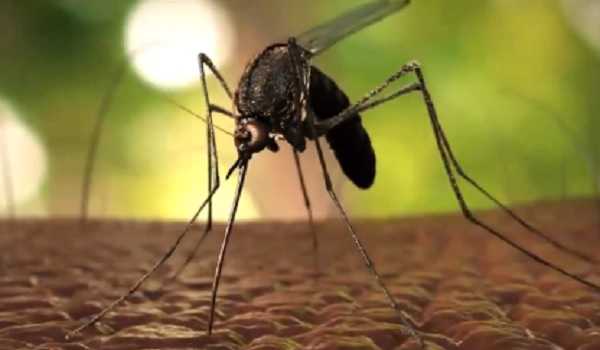Context:
Recently, The World Health Organisation (WHO) has certified Egypt as malaria-free, marking a significant public health milestone for a country with more than 100 million inhabitants.
More on the News:

- WHO called this achievement the result of nearly 100 years of dedicated efforts.
- With this certification, Egypt joins 44 other countries and one territory (specific region or area that is not a fully recognized independent country) that have achieved malaria-free status globally.
- This accomplishment reflects a broader trend of successful public health initiatives aimed at combating infectious diseases.
- Egypt has become the third country in the WHO Eastern Mediterranean Region to be certified malaria-free, following the United Arab Emirates (UAE) and Morocco.
Egypt’s fight against Malaria:
The WHO stated that early efforts to reduce human-mosquito contact in Egypt began in the 1920s.
These efforts included a ban on rice and crop cultivation near homes.

By 1942, malaria cases in Egypt surged to over three million due to population displacement during World War II.
The Aswan Dam, constructed in the 1960s, introduced new malaria risks by creating standing water that served as breeding grounds for mosquitoes.
- By 2001, the WHO reported that Egypt had malaria “firmly under control.”
World Malaria Report 2023:
Increasing Global Cases: In 2022, malaria cases rose by 5 million globally, totaling 249 million, marking a concerning trend since the COVID-19 pandemic.
- Out of 249 million, 233 million (around 94%) were in the WHO African Region, with Nigeria (27%), the Democratic Republic of the Congo (12%), Uganda (5%), and Mozambique (4%), accounting for nearly 50% of all cases.
Regional Contributions: Pakistan reported the highest increase, with 2.1 million additional cases attributed to severe flooding in 2022.
Global Malaria Burden Concentrated in 11 Countries: Burkina Faso, Cameroon, the Democratic Republic of the Congo, Ghana, India, Mali, Mozambique, Niger, Nigeria, Uganda, and, Tanzania.
Malaria Mortality: India and Indonesia accounted for 94% of all malaria-related deaths in 2022, emphasizing the ongoing challenges in combating the disease.
South Asia Region: In the South Asian region, Maldives and Sri Lanka got malaria-free vaccination certification in 2015 and 2016 by WHO.
- Bhutan and Timor-Leste reported zero cases in 2022, while Nepal recorded no indigenous malaria deaths for the first time.
India’s Status:
India achieved a 30% reduction in malaria incidence and a 34% decrease in mortality in 2022 compared to the previous year.
India accounted for only 1.4% of total global malaria cases, reflecting effective management strategies.
Key factors in India’s success include enhanced primary healthcare in remote areas and digital data-backed surveillance systems, crucial for early detection and treatment.
Major Govt Initiatives:
The National Framework for Malaria Elimination (NFME) 2016-2030 outlines India’s strategy for elimination of the disease by 2030.
- The framework has been developed with a vision to eliminate malaria from the country and contribute to improved health and quality of life and alleviation of poverty.
The National Strategic Plan for Malaria Elimination in India (2023-2027) has been developed by the National Center for Vector Borne Disease Control (NCVBDC) with the support of the World Health Organization, Country Office (WCO).

